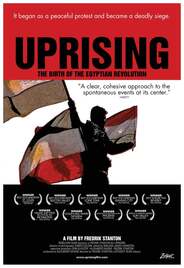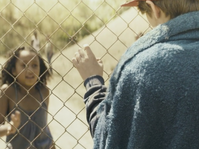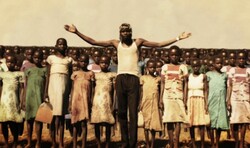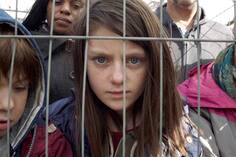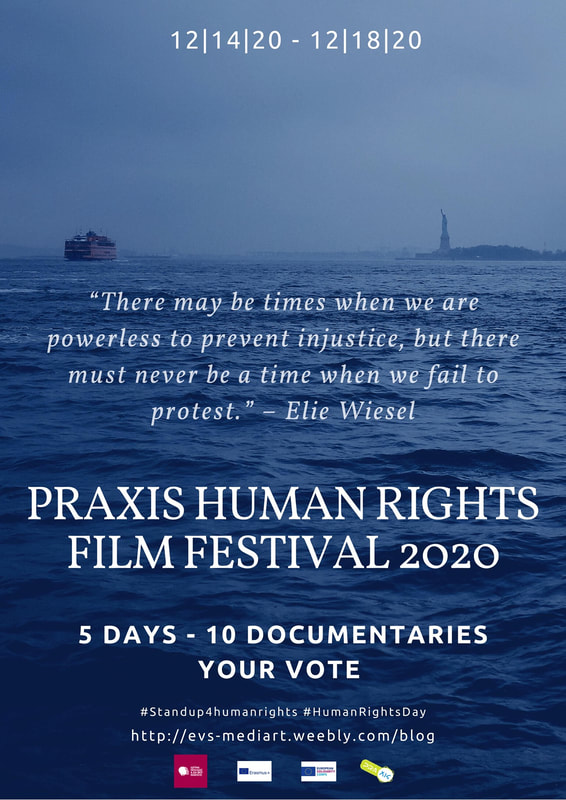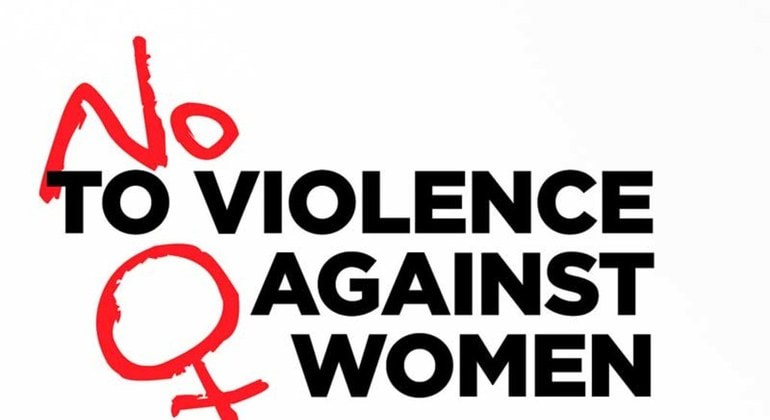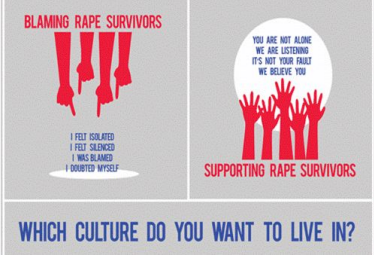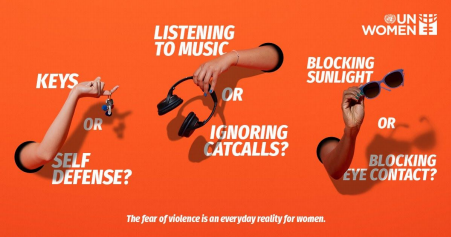Movie 1
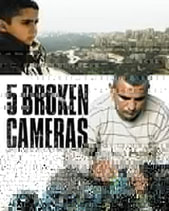
A documentary filmed by Emad Burnat, a Palestinian farmer with no previous experience in video production who bought a camera in 2005 to record the birth of his youngest son, Gibreel. That same year, the people from Emad's village Bill'in (in the West Bank) discover that the security barrier route will cut through their farmlands and that the neighboring Israeli settlement of Modi'in-Ilit plans to expand onto disputed land. This is when Emad decides to start filming every Friday the peaceful protests of the Bil'in villagers.
Emad tells us the story of the occupation and the life of his four sons who grew up in the same village but have extremely different life experiences even at a young age. His first child was able to go swimming in the sea in the summer, the eyes of his last son have only seen conflict.
At times the documentary can seem controversial as we see that Emad's kids are always by his side. They experience violence and are exposed to danger daily. But throughout the film, you realize that sadly the Palestinians will face this harsh reality even if they just stay at home.
Movie 2

A film created by Jorge Furtado in 1989 in Brazil. The film visualizes a problem in society relating it to the life of a tomato from the moment it is harvested to the moment it is bought at a supermarket. The life of the tomato ends on the isle of flowers, an island full of trash. The pigs are fed with organic waste from this island and poor women and children take what is not suitable for pigs.
The film criticizes society in an ironic way. It shows how the tomato is traveling thru a chain where human beings with money grow and purchase the tomato. Then it is fed to pigs which are not human beings and only after the pigs ate, their leftovers are given to human beings without money. This implies that in our society people without money are less valued than pigs.
MIRZANA BEXHETI, MELISSA MUSSA AND LUCILA PIEDRA HARRIS
Mirzana, Melissa and Lucila are German and Spanish volunteers in Praxis organisation and are involved in the Human Rights campaign.
